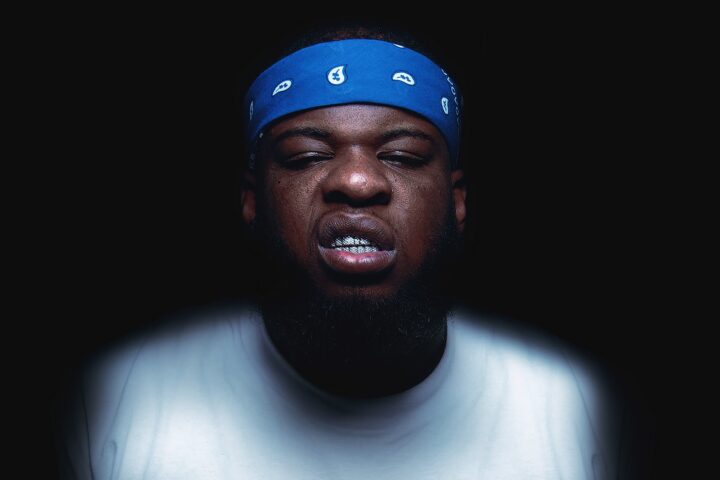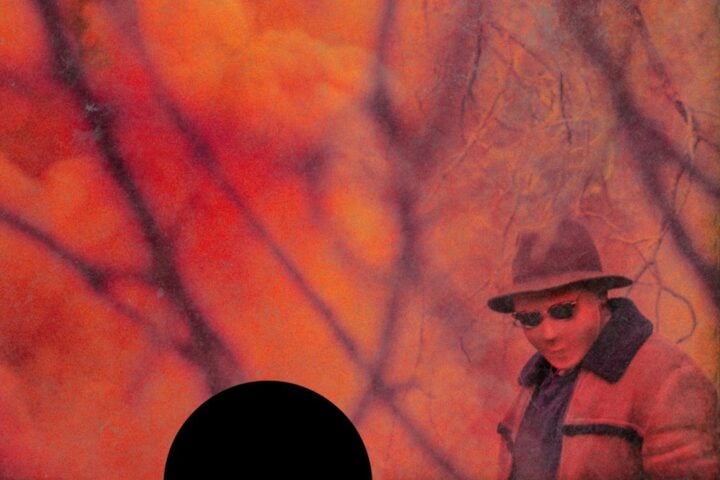On Blue Lips, Schoolboy Q’s first album since 2019’s utterly unremarkable Crash Talk, there’s a sense that the Los Angeles rapper is trying to make up for lost time. He exudes an assured confidence throughout that, unlike past releases like 2016’s Black Face LP, makes it feel like he has something to prove. He’s able to whip up an endless amount of versatile and oddball flows, and does so with an equally fresh and flippant demeanor.
Schoolboy delivers each word on “Pop” with a tossed-off precision that’s both laser-focused to fit the track’s rhyme scheme and casual in its cadence. He punctuates the word “pop” with a snickering snarl, accompanied by the sound of a pistol being fired. Later in the track, he lowers his voice to a scruffy register, furiously spitting his words out. The entire song, including a notably batshit Rico Nasty feature, packs a visceral punch, and traffics in classic Schoolboy energy: dark, brooding, trippy, and a bit preposterous.
Even this qualitative statement might undersell the sheer force that Schoolboy exerts across the album’s 18 tracks. He often unleashes verbal bursts using an old-timey, Edward G. Robinson-esque inflection, as in the way he slings around the phrase “How I get a bitch like yeern?” on the seismic “Yearn 101,” specifically how he stretches out the titular word’s vowels.
Schoolboy is in such top technical form on Blue Lips that it becomes easy to forgive the few times when he fails to make a coherent point—or, worse, relies on misogynistic tropes to bolster the intensity of his raps. He initially embraces the hedonism of “First”—which is structured around a Death Grips sample in which MC Ride screams, “I was the first one fuckin’ that bitch”—before shifting gears with more introspective lyrics about how he’s “been ballin’ for years” but that “half of my purchases” are “full of my tears.”
On the otherwise poignant “Blueslides,” Schoolboy dismissively asserts, “You n*ggas really canceled—,” redacting the person’s name before calling out the hypocrisy of the situation: “We was screamin’ ‘mental health’ and now we wanna kill ‘em all.” But while it’s a compelling argument on its face (if you all but disregard the potential reference to a high-profile rapper dealing with very public issues of a similar sort), Schoolboy’s description of these events is as woefully surface-level and one-sided as he’s accusing others of being.
The album’s production mirrors its star’s wide-ranging style, yet the abundance of beat switches can be exhausting, reflecting a trend prevalent in contemporary rap. Nearly every other song on Blue Lips features abrupt changes in instrumentation and tempo, which, while attention-grabbing, start to feel like showboating. Particularly egregious is “Ohio,” where each new divergence, including a guest appearance from Freddie Gibbs, is more intrusive than the last.
Still, there are worse things than being accused of being too ambitious. Blue Lips epitomizes what a return to form should strive for: to serve as a reminder of past greatness, yes, but to also be a bold departure from what’s come before, embracing risks and pushing boundaries, even if it occasionally teeters on the edge of excess.
Since 2001, we've brought you uncompromising, candid takes on the world of film, music, television, video games, theater, and more. Independently owned and operated publications like Slant have been hit hard in recent years, but we’re committed to keeping our content free and accessible—meaning no paywalls or fees.
If you like what we do, please consider subscribing to our Patreon or making a donation.




